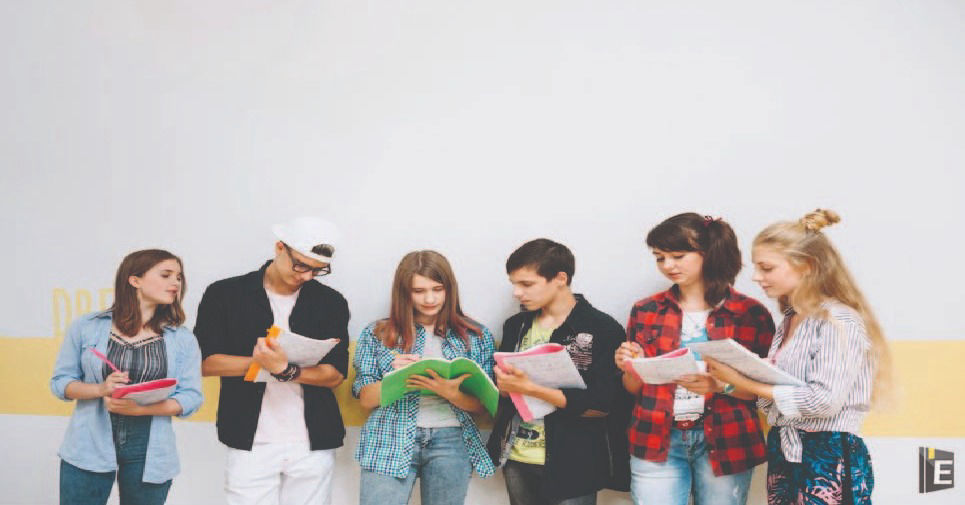Indian Constitution Questions for SSC Exams

India is considered a republic mainly because -
(A) The head of the state is elected
(B) He got independence on 15 August 1947
(C) It has its own written constitution
(D) His government is according to the parliamentary system
Correct Answer : A
Explanation :
The declaration of Emergency is contained in which of the following articles?
(A) Article 352
(B) Article 356
(C) Article 368
(D) Article 370
Correct Answer : A
Explanation :
Under Article 352, the president can declare a national emergency when the security of India or a part of it is threatened by war or external aggression or armed rebellion.
The fundamental duties have been included in the Constitution under the:
(A) Article 351
(B) Article 72
(C) Article 51A
(D) Article 65
Correct Answer : C
Explanation :
The 42nd Amendment Act of 1976 added 10 Fundamental Duties to the Indian Constitution. The 86th Amendment Act 2002 later added the 11th Fundamental Duty to the list. The Fundamental Duties are dealt with in Article 51A under Part-IV A of the Indian Constitution.
Where is the word 'Federal' used in the Constitution of India?
(A) Part III
(B) Article 368
(C) Nowhere in the constitution
(D) Preamble
Correct Answer : C
Explanation :
The correct answer is Nowhere. In the Constitution of India, the term 'Federal' is not used anywhere. A federal country or system of government is one in which the different states or provinces of the country have important powers to make their own laws and decisions.
India has a parliamentary system of government because
(A) Lok Sabha is directly elected by the people
(B) Parliament can amend the constitution
(C) Rajya Sabha cannot be dissolved
(D) The Council of Ministers is responsible to the Lok Sabha
Correct Answer : D
Explanation :
Created after 1947, the Indian Parliament is an expression of the faith that the people of India have in principles of democracy. These are participation by people in the decision-making process and government by consent. The Parliament in our system has immense powers because it is the representative of the people.
Who elected Dr. Rajendra Prasad as the first President of India?
(A) By the Constituent Assembly
(B) By Mahatma Gandhi
(C) By Prime Minister
(D) None of these
Correct Answer : A
Explanation :
When India became a republic in 1950, Prasad was elected as its first president by the Constituent Assembly. As president, Prasad established a tradition for non-partisanship and independence for the office-bearer and retired from Congress party politics.
Who was the first film actress nominated for Rajya Sabha?
(A) Madhubala
(B) Rekha
(C) Nargis Dutt
(D) Hema Malini
Correct Answer : C
Explanation :
The first woman film star nominated/ elected to the Rajya Sabha was Nargis Dutt.
Currently, how many parts and schedules are there in the Indian Constitution in terms of calculation?
(A) 22 parts, 5 schedules
(B) 22 parts, 12 schedules
(C) 395 Parts, 12 Schedules
(D) 14 parts, 12 schedules
Correct Answer : B
Explanation :
Parts of Indian Constitution:The Indian Constitution is divided into 25 parts and 12 schedules.
Under which scheme in the year 1942 it was accepted that an elected Constituent Assembly would be formed in India, which would form a post-war constitution?
(A) Round Table Conference
(B) Cripps Scheme
(C) Constituent Assembly
(D) None of these
Correct Answer : B
Explanation :
Cripps MissionIn March 1942, a mission headed by Stafford Cripps was sent to India with constitutional proposals to seek Indian support for the World War II.
when is the joint sitting of Lok Sabha and Rajya Sabha held?
(A) never
(B) 10 days after the commencement of the session of Parliament
(C) On the commencement of the session of Parliament
(D) At the end of the Parliament session
Correct Answer : C
Explanation :
A joint session of Parliament is conducted when both Rajya Sabha and Lok Sabha are against a bill that is either already passed or will be passed by the parliament. According to Article 108 of the Indian Constitution, only the President of India can summon the joint sitting of the Parliament.



